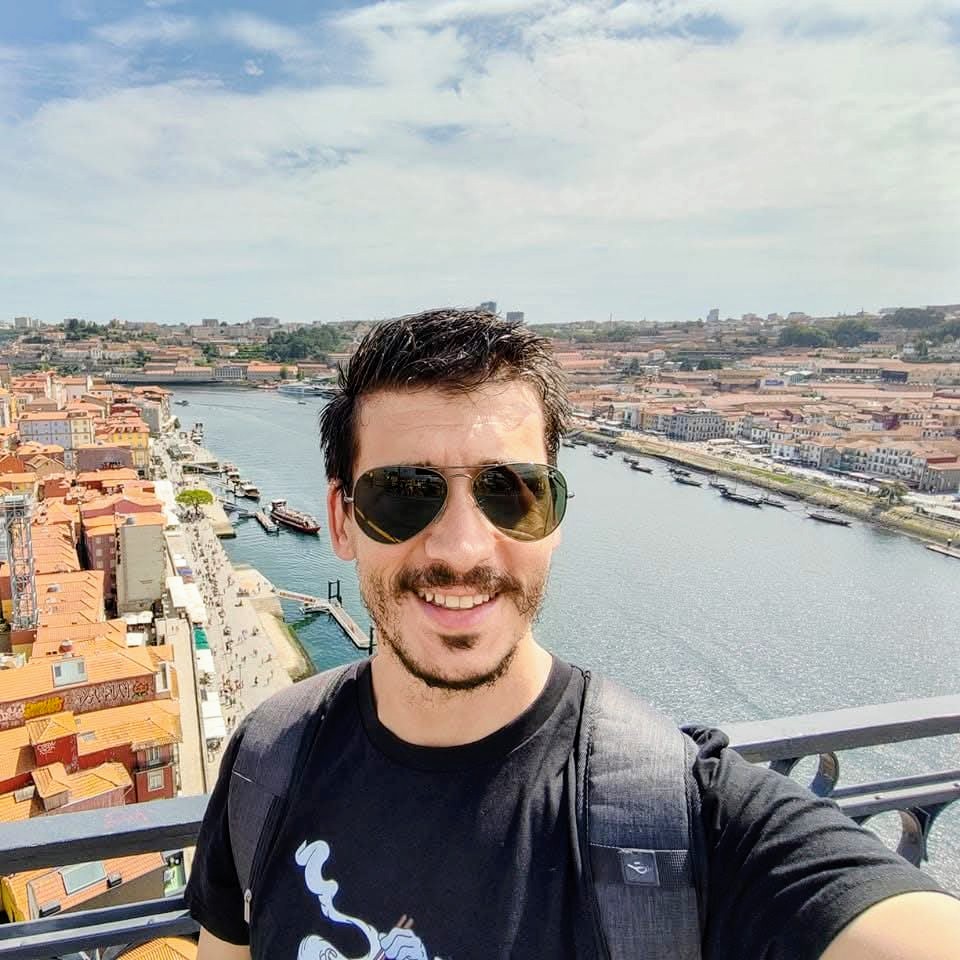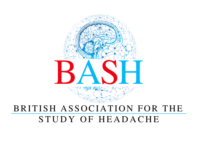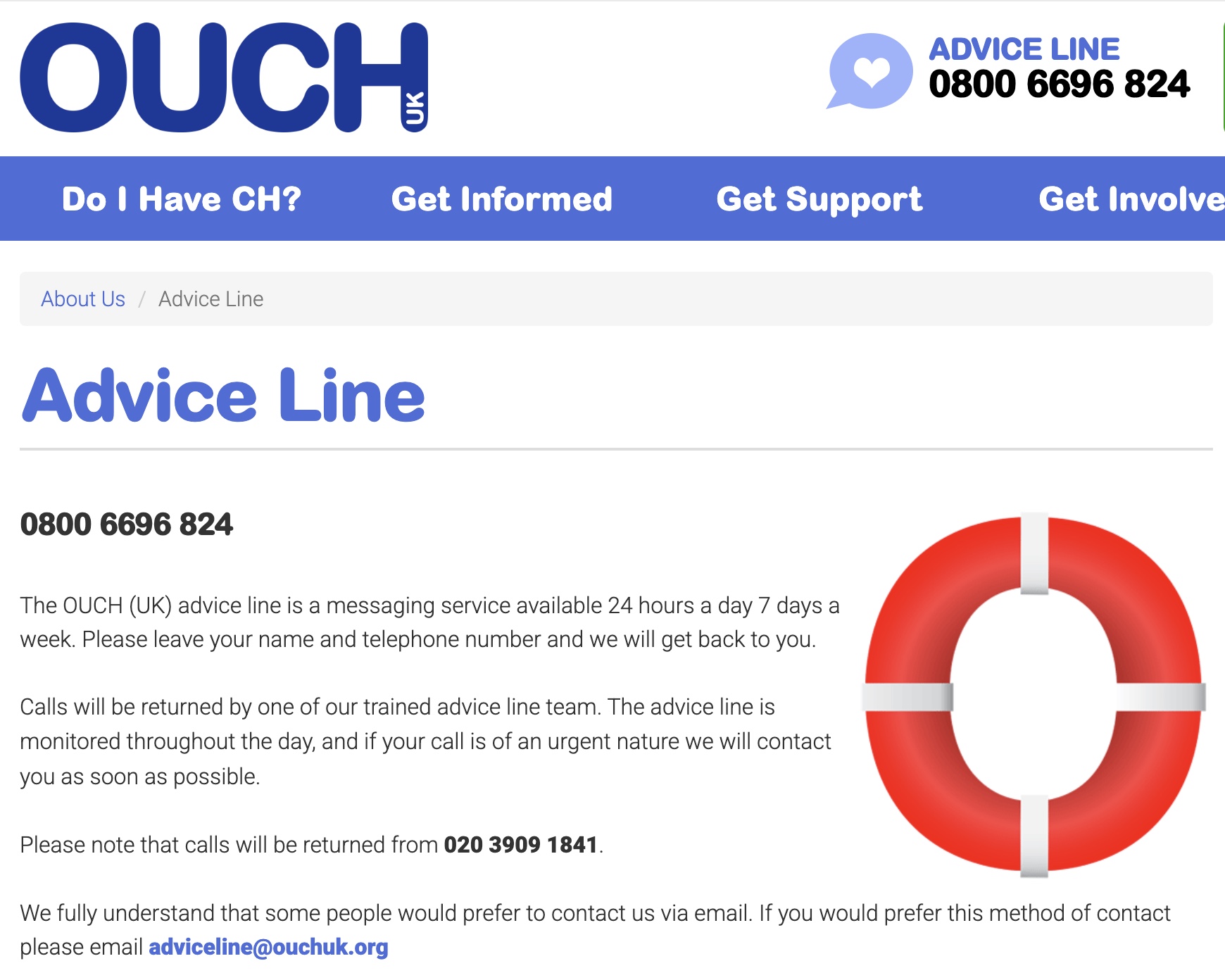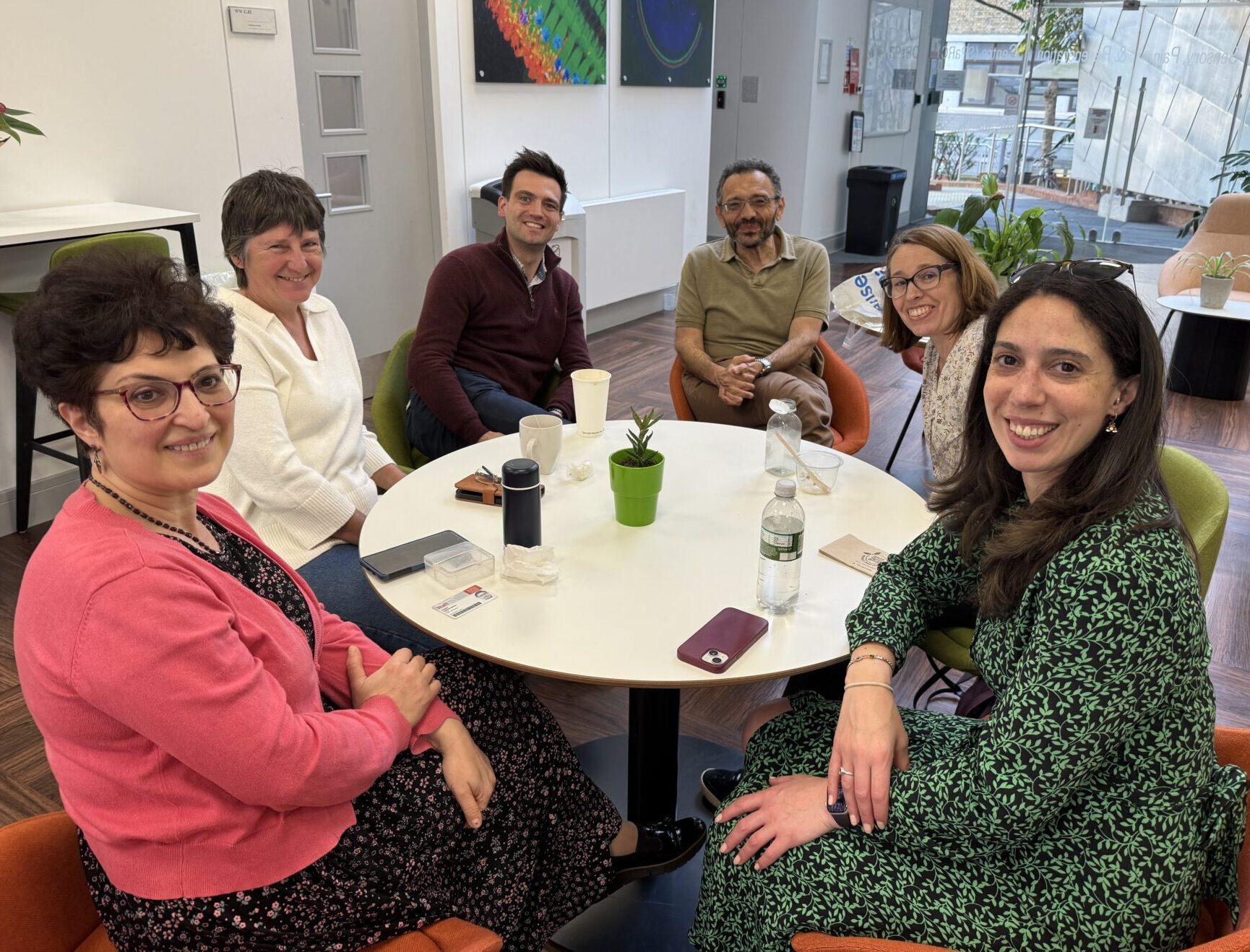Pedro Caires, Deputy Advice Line manager for OUCH UK, gives an insight to how working with OUCH has helped him feel part of this community
The reality of living with Cluster Headache
Living with Cluster Headache is one of the hardest things I’ve ever faced. The pain is intense, sudden, and often strikes without warning. For a long time, I struggled not only with the attacks themselves but with the feeling that no one around me truly understood what I was going through.
That started to change when I attended my first OUCH UK Summer Conference in Liverpool.
I was nervous at first, not knowing anyone. But it quickly became clear that I was surrounded by people who understood. I didn’t need to explain why I avoid planning things too far ahead or why I sometimes disappear when an attack hits. Everyone there knew the reality of living with cluster headache. It was a relief, emotional even, to feel so seen and understood.
The 2025 OUCH Annual Conference was in Newcastle in June
This year, I attended the OUCH UK Summer Conference again, this time in Newcastle. Coming back for a second time felt different. I was still learning, of course, but I also felt more confident in my own story. I could share my experiences, listen to others, and really take in how far I’ve come.
Speakers included Dr Nick Silver, Prof Peter Goadsby, Dr Diana Wei and Dr Ashish Gulve. Colin Simpson shared his lived experience.
And this time, I wasn’t just there as a patient. Since that first conference in Liverpool, I’ve become an OUCH UK Officer and now volunteer on the OUCH Advice Line. It’s something I’m proud to do. Speaking to others who are struggling, scared, or just looking for someone who understands reminds me how important this community is. I know how valuable that support can be because I needed it myself not so long ago.
The Conference gives information about new treatments and planned research
Both conferences were full of helpful information and practical advice. One of the most useful parts for me was hearing about the treatments that are available to help manage cluster headache. These include:
High flow oxygen, which can be life changing when used at the right flow rate with a proper mask. It can reduce or even stop an attack if used early enough.
Triptans, such as sumatriptan injections or nasal sprays, which can act quickly if oxygen isn’t available or doesn’t work fast enough.
Preventive medications, like verapamil, which some patients take daily to help reduce the frequency or intensity of attacks.
Short term preventives, including steroids like prednisolone, sometimes used to break a cycle.
It was reassuring to hear these options talked about clearly and honestly. Everyone is different, and what works for one person may not work for another. But knowing what help is out there and that I’m not alone in navigating these choices makes a big difference.
It's also helpful to connect with others and share experiences
There was also time to talk about the wider impact of cluster headaches. We discussed mental health, the struggle to maintain work and relationships, and how difficult it can be to get a diagnosis in the first place. So many people in the room had waited years to be told what was really happening to them. It’s exhausting to be in pain and not have answers.
What really stood out to me, at both Liverpool and Newcastle, was the sense of community. People shared openly. We laughed, and connected over shared experiences. We gave each other tips, not just medical ones, but day to day things that help. There was warmth, understanding, and a real sense of support.
Headache Specialist clinicians attended this year too
It was also encouraging to see some healthcare professionals attending. We need more of that, doctors and nurses who are willing to listen, learn, and treat us with compassion. The more they hear directly from patients, the better care they can provide.
A call to action!
To the readers of the British Association for the Study of Headache blog, I want to say this. Cluster headache may be classed as a rare condition, but it’s not rare to those of us who live with it every day.
Please keep raising awareness. Please keep listening to patients. The right diagnosis, the right treatment, and the right support can change lives.
And to anyone living with cluster headache who hasn’t yet found a community, consider reaching out to OUCH UK. Attending the summer conference changed everything for me. I no longer feel like I’m fighting this condition alone.
From Liverpool to Newcastle, I’ve gained knowledge, confidence, and connection. And now, through the OUCH Advice Line, I have the privilege of giving that same support to others.

Pedro Caires
Deputy Advice Line Manager
OUCH UK
Editor's Note: Stay up to date with upcoming events for healthcare professionals and patients by checking our Events Page and signing up for our Newsletter.



